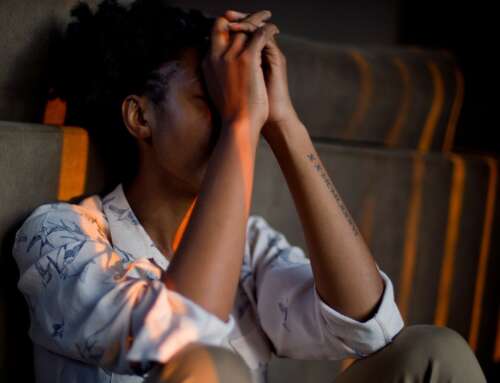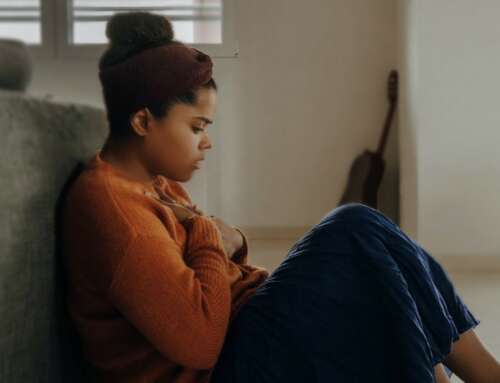As a clinical psychologist formerly working in psychiatric crisis teams, Andrew Fuller has had more than his share of conversations with troubled young people. Nevertheless, he’s aware that most of these conversations don’t start with a mental health professional.
So regardless of how ill-equipped you feel to have these conversations, when a young person comes to you to talk this means that they trust you and place value in their relationship with you. This is vitally important to enable them to be open and honest about their experience, Andrew says. You should still give it a go, and it doesn’t mean that you have to offer solutions or have all the answers.
“You can then think about saying ‘well I don’t really know how to help. I’m happy to talk to you about it but really, I think I need some help in helping you.’ Finding someone you can take them along to, and being part of that changeover process, is a very good way to get help for them.”
Before reaching this point though, it’s important to truly listen to a young person and develop the best understanding you can of what’s going on for them. As Andrew said when we caught up with him at Generation Next’s Mental Health and Wellbeing of Young People seminar in Sydney, there’s no model or framework that can be applied here. It’s about learning what it’s like to live behind their eyes.
Andrew also stresses that you not try to use shortcuts in trying to understand someone else’s behaviour. “Every behaviour, whether it’s logical and seems like you can understand it, or whether it’s completely bizarre, has its own internal logic within the person’s mind. We have to ask, ‘how do I learn enough to understand that [internal logic]?’ Because quite often, we don’t.”
This is no easy feat, especially when the young person who has come to you for help may still not want to talk about the problem. In these cases, Andrew has often found it helpful to frame the conversation in terms of the young person figuring out who they are.
“This is something that all young people are a bit fascinated about, because it’s a bit of a mysterious process. Having someone who becomes curious about that is often the big entry point to working with someone.”
Another crucial aspect of talking to a young person is making sure they’re safe. Again, this is all about learning from the young person about their level of safety, and it starts with asking the young person to assess this for themselves, according to Andrew. If you’re unconvinced by their response, you can tell them that you still have concerns, and ask what they can tell you to convince you that they can keep themselves safe.
“Young people are pretty loyal really, in terms of telling you about these things and sticking to them. If they don’t feel like they can guarantee their safety, they’ll tell you. If they say they’re a bit on edge but think they’ll be okay, you can ask them to call you if things get worse. If they give you their word, they’ll generally follow it.”
If this all seems a bit daunting, remember that the young person has come to you because of your relationship with them. This, Andrew says, is more important than any expertise or qualifications.
“At the end of the day, while we can all use different methods to help young people and it’s important that we do so, nothing, nothing is more important than your relationship with that young person.”
Andrew Fuller will be tackling the topic Conversations with Troubled Young People at our Melbourne Mental Health & Wellbeing of Young People not-for-profit educational seminar on 30 August. Find out more here >>
Image by Fernando from Unsplash








Leave A Comment